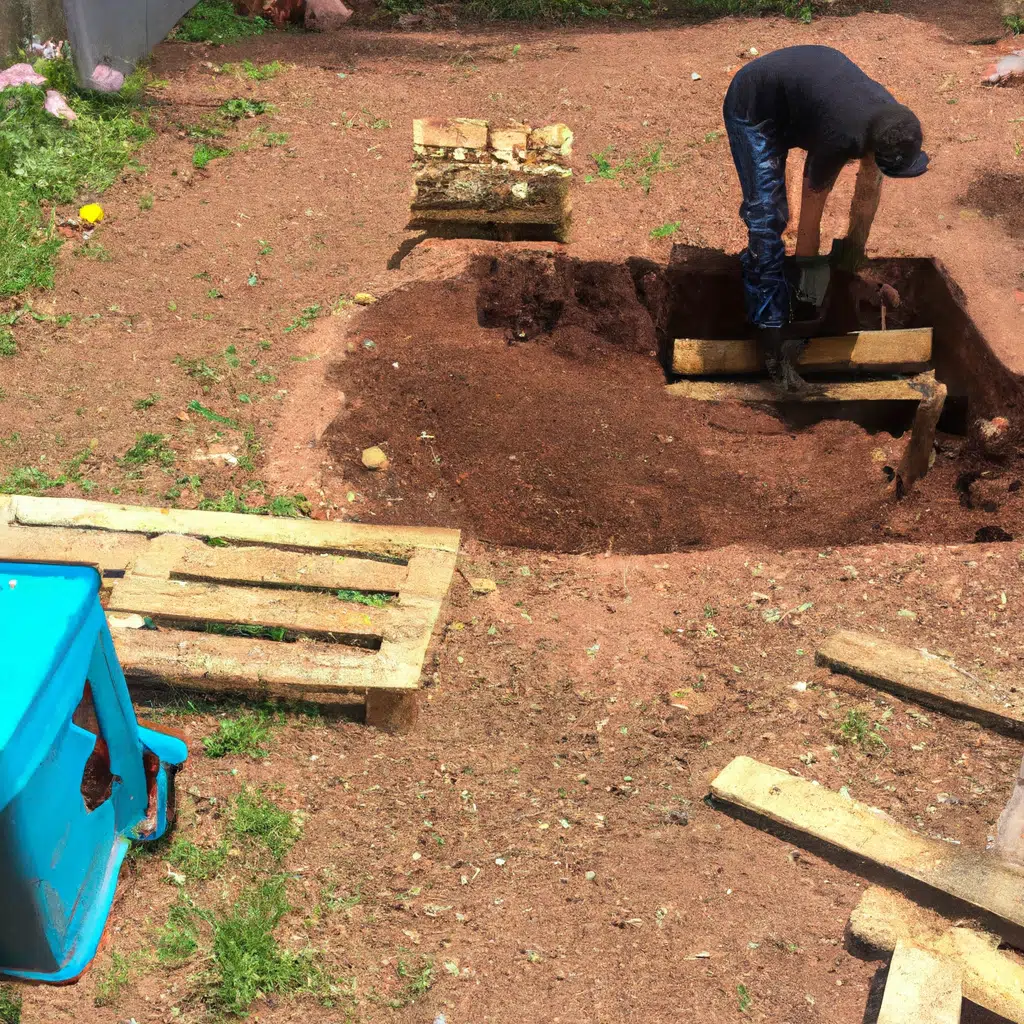Are you tired of throwing away your kitchen and yard waste, only to see them end up in a landfill? Composting is an easy and eco-friendly way to turn your organic waste into nutrient-rich soil for your Kingsbury garden. In this article, we’ll show you how to build a DIY composting system that will help you reduce waste and improve your soil quality.
Why Compost?
Composting is a natural process that involves breaking down organic materials such as food scraps, yard waste, and other plant matter. When these materials decompose, they release nutrients that are essential for plant growth. Composting also helps reduce the amount of waste that ends up in landfills, which can take years to decompose and contribute to greenhouse gas emissions.
Choosing the Right Location
Before you start building your composting system, you need to choose the right location. Ideally, you want a spot that is easily accessible and receives plenty of sunlight. You also want to make sure the area is well-drained and not too close to your home or any neighboring properties.
Building Your Composting System
There are many different types of composting systems, but we’ll focus on building a simple and effective one using a wooden pallet. Here’s what you’ll need:
- Four wooden pallets
- Screws
- Hammer
- Drill
- Chicken wire or hardware cloth
- Compost materials (food scraps, yard waste, etc.)
- Start by arranging the pallets in a square or rectangular shape, with the open side facing outwards. Use screws to secure the corners of the pallets together.
- Once you’ve assembled the structure, line the inside with chicken wire or hardware cloth to prevent compost from falling out.
- Add your compost materials in layers, starting with a layer of twigs or other coarse material at the bottom. This will help with drainage and aeration.
- Continue adding layers of food scraps, yard waste, and other organic materials. Be sure to mix in some dry material, such as leaves or shredded newspaper, to balance the moisture level.
- Use a pitchfork or shovel to turn the compost every few weeks, which will help speed up the decomposition process.
- After a few months, your compost should be ready to use! Simply spread it over your garden beds or mix it into the soil before planting.
Tips for Successful Composting
Here are a few tips to help you get the most out of your composting system:
- Avoid adding meat, dairy, or oily foods to your compost, as these can attract pests and slow down the decomposition process.
- Keep your compost moist but not too wet. If it starts to smell bad or becomes slimy, add some dry material to help absorb excess moisture.
- Add some compost accelerator to speed up the process and help break down tough materials.
- Use a variety of materials to add nutrients and improve soil texture. This can include coffee grounds, eggshells, grass clippings, and more.
Conclusion
Composting is a simple and effective way to turn your organic waste into valuable soil for your Kingsbury garden. By following the steps outlined in this article, you can build a DIY composting system that will help you reduce waste, save money, and improve your soil quality. So why not give it a try and see the difference it can make in your garden?


